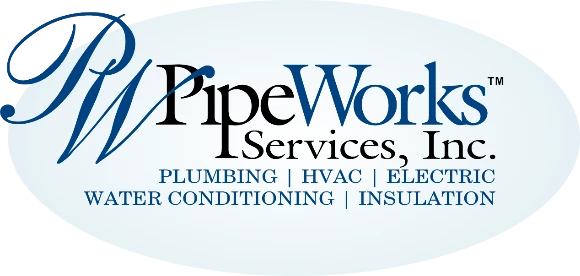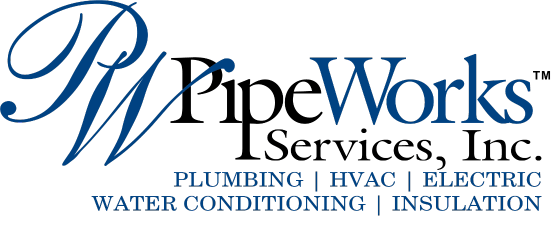The notion of selecting the best shower head for water conservation often conjures images of standing beneath an anemic, sputtering sprinkle every morning, then walking around with limp, shampoo-laden hair all day. “Low-flow” shower heads acquired an unfavorable reputation when first mass-marketed to consumers back in the 1990s (as anyone who recalls a certain Seinfeld episode knows). Frankly, that bad rap was mostly well-deserved. The spray was feeble, and you often wondered if you weren’t consuming more water than ever because you had to stand in the shower so long to get rinsed. That was then.
This Is Now
Fast forward to the 21st century. Advanced shower science has come a long way since the bad old days. The new generation of water-efficient shower heads delivers an efficient and satisfying bathing experience while still reducing water consumption. While old-school water wasters use over 2.5 gallons per minute (GPM), new conserving models consume less than 2 GPM. For an average family, that means a water usage reduction of almost 3,000 gallons a year.
When selecting the best shower head for water conservation and superior performance, keep these considerations in mind:
- Water-efficient shower heads require adequate water pressure to function correctly—usually somewhere between 40 and 60 p.s.i., the standard residential range. However, household water supply lines may not deliver the standard pressure due to the accumulation of mineral deposits or because a water pressure regulator at the meter is set too low. If you have doubts, ask a qualified plumber to check your water pressure.
- Because of consumer dissatisfaction with first-gen, low-flow shower heads of the past, the EPA now identifies approved water-efficient heads with the blue “WaterSense” label. These units are certified to meet the flow rate below 2 GPM. Moreover, they’re also performance-tested under grueling shower lab conditions to meet high standards of water coverage and spray intensity.
- Local programs may offer rebates to encourage homeowners to upgrade to water-efficient shower heads. Check with your municipal water utility.
For more advice about selecting the best shower head for water conservation, contact the experts at Pipe Works Services.




